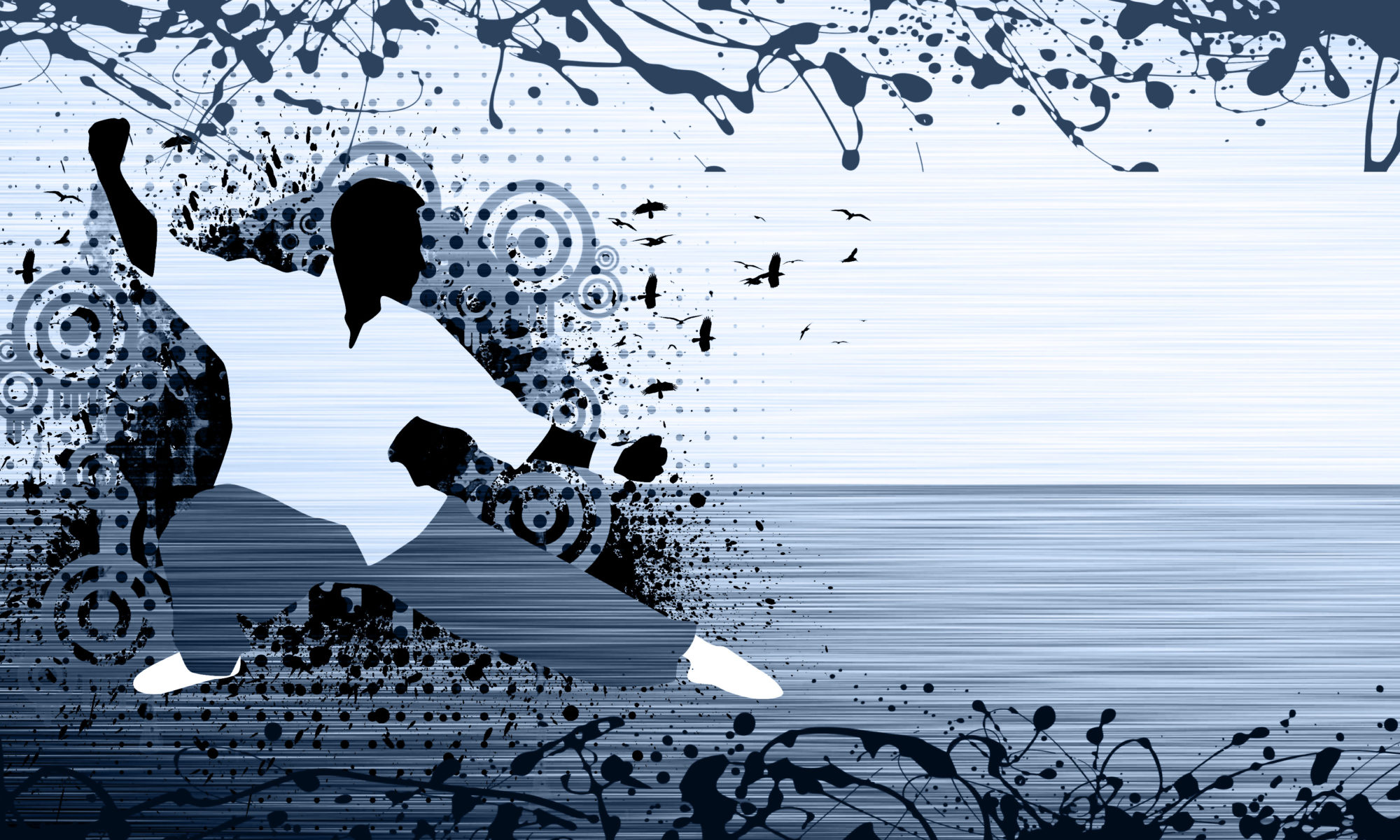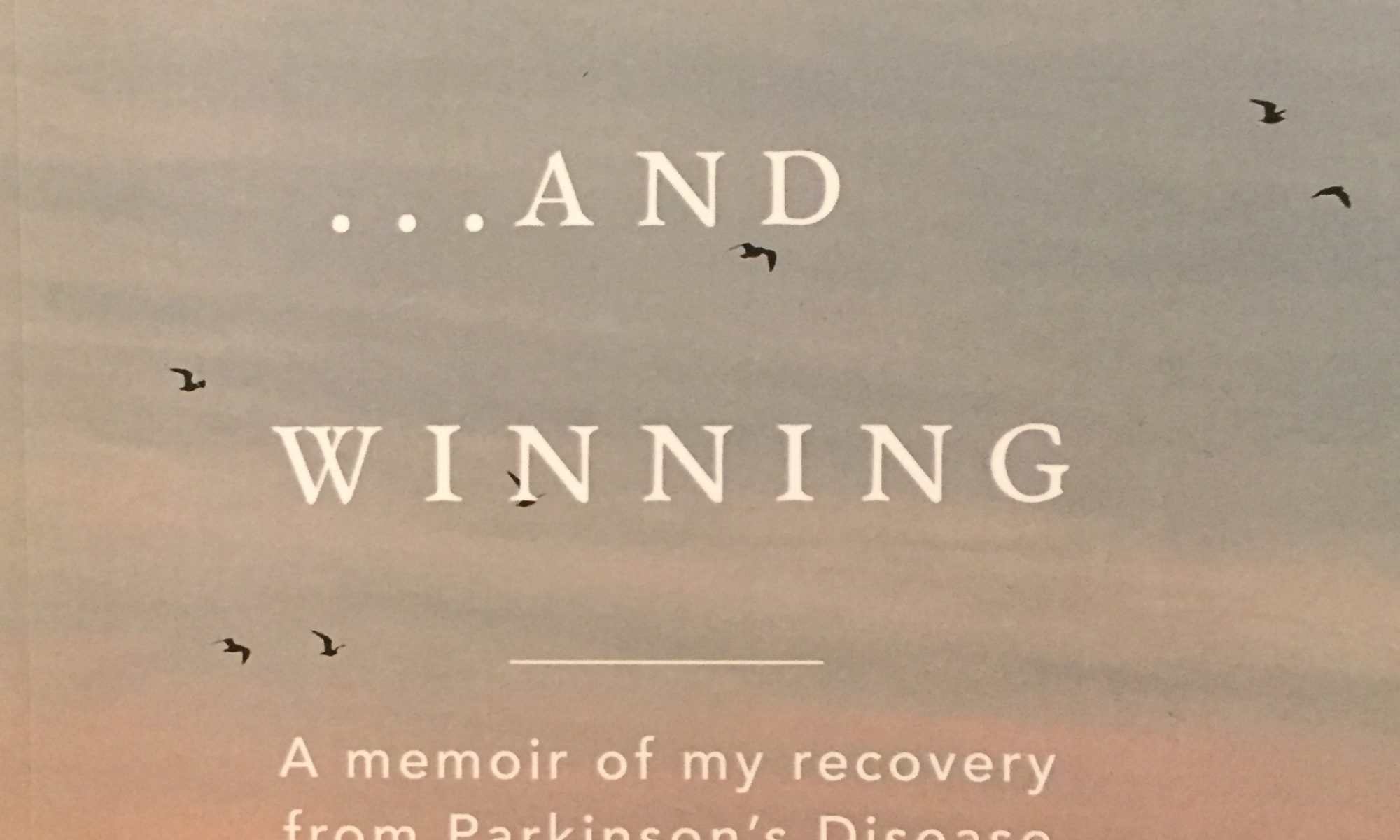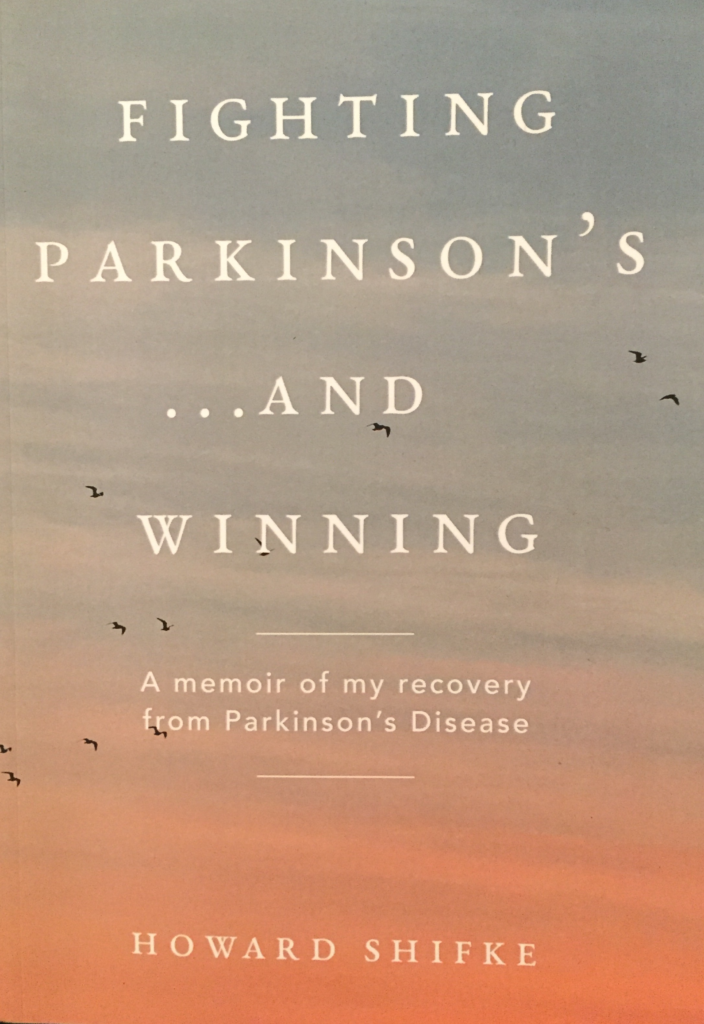Symptoms and Western treatment:
Hayfever or allergic rhinitis refers to a complex of symptoms characterized by sneezing nasal congestion or discharge, itching, and often conjunctivitis and pharyngitis in response to air-born allergens…Symptoms can include itching of the nose, roof of the mouth, throat and eyes. Commonly these are accompanied by tearing, sneezing, and clear nasal discharge. There may also be frontal headache and irritability. More severe conditions may include coughing or wheezing. Western treatment usually involves taking antihistamines. Glucocorticoids and corticosteroids may be prescribed if the antihistamines are ineffective. These treatments aim to suppress the symptoms. Desensitization treatment is the next step if patients don’t respond well to the the above drugs.
Chinese medicine’s approach
Factors that predispose people to allergies
All patients with this condition are considered to have deep-lying, hidden phlegm in their lungs; this causes the body to react strongly to allergens. They also have chronic immune system deficiencies, which are often caused by poor diet. People who regularly eat sugar or an excess of high glycemic foods, daily large salads or other raw foods, cold drinks, and dairy are likely to develop seasonal allergies. A history of frequent antibiotic use also tends to depress the immune system and lead to hidden phlegm, leading to allergies.
Treatment with acupuncture and Chinese medicine
Before deciding on a course of treatment the clinician takes a detailed history, and examines the patient, according to Asian traditional methods. This often includes palpation of key areas of the body, pulse diagnosis and tongue diagnosis. Pulse diagnosis provides much more than pulse rate: it gives an indication of the function and relative strength or weakness of 12 major organs of the body, and the state of the humors (fluids, blood and Qi). It can also show how well the organs are working together.
- Acute phase: This is when the patient has full blown allergy symptoms as described above. Treatment approach is similar to treatment of a common cold; we use acupuncture points that support the immune system, open the sinuses to encourage full release of the phlegm, and prevent the cold from going deeper or developing into sinusitis. If there is a head-ache we treat that as well.
- Chronic phase: Here the patient has mild (ie: chronic post nasal drip) or no sinus symptoms, but feels quite tired, may have poor appetite and digestion. They may be highly susceptible to catching colds, have pale facial complexion, possibly cold hands and feet or sweat too easily during the day. These are signs of a weakened immune system. The treatment focus is to strengthen the Qi or vital energy to support the immune system; we mainly focus on strengthening the lung and digestive energy to strengthen the body. Moxibustion, the application of heat on some needles, can help warm the body if necessary. After several treatments, the patient will usually develop an acute phase of allergy symptoms; this is a sign that the immune system is working better. We then treat the acute symptoms. It is possible to heal allergic rhinitis, although it is usually not a “quick fix”, especially if one has had allergies for a number of years. I often prescribe specific herbal remedies to be taken as a tea or in pill form to support this process.
Essential oils as a treatment for allergies
Essential oils are a product of the distillation of plants; they are highly concentrated and are an effective alternative to herbal teas for people who are hesitant to use herbs. I frequently make custom essential oil blends for patients suffering from allergies or upper respiratory infections. I prescribe acupuncture point protocols that match the properties of the formulations. Essential oil blends typically include 3 to 4 oils which work synergistically to support healing. The oils are applied to these points typically three times daily for best results. This is a powerful adjunct to acupuncture.
Please call Marie for a free phone consultation or to schedule an appointment: 516-455-2206







